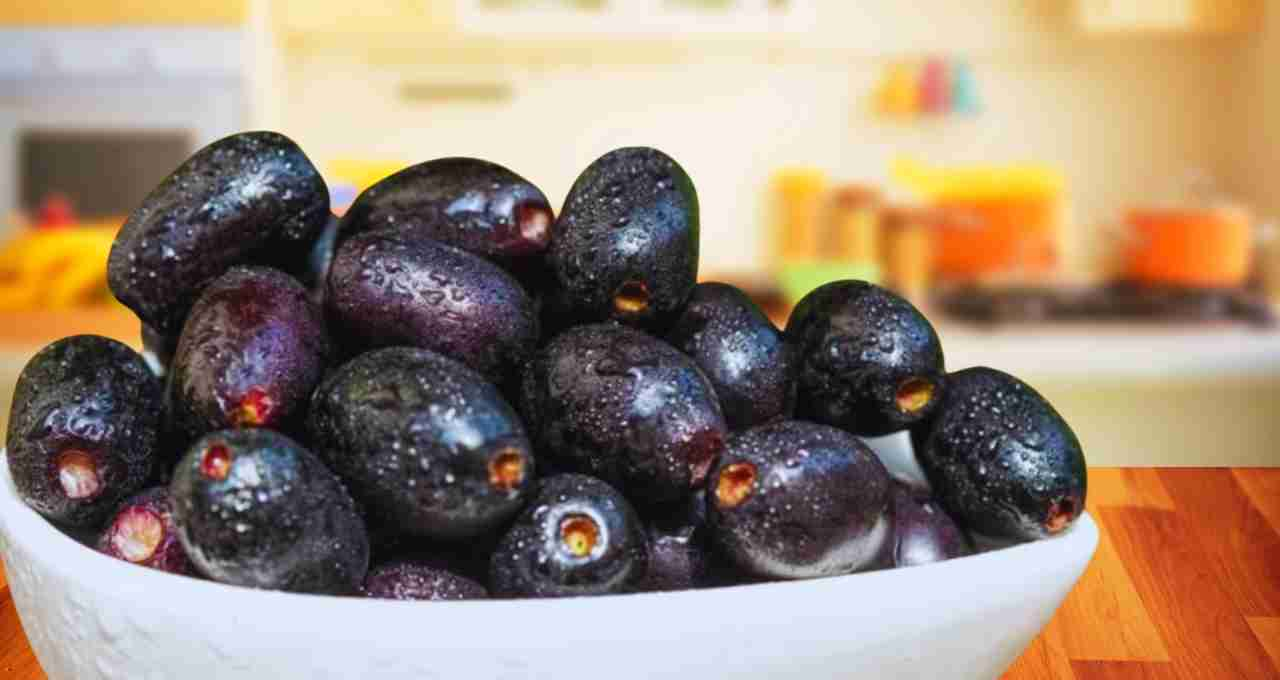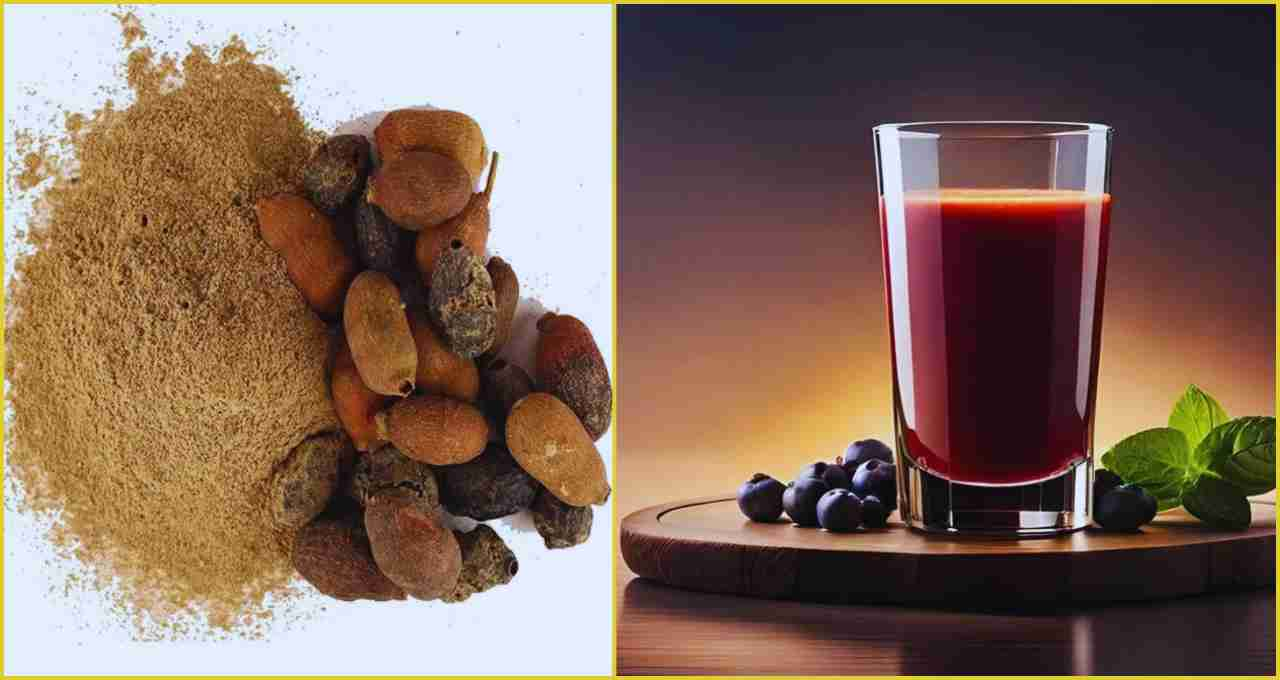Diabetes is currently ranked among the leading lifestyle diseases. Millions suffer from it, and its associated complications—such as heart disease, kidney failure, vision impairment, and nerve damage—are increasingly common. Maintaining controlled blood sugar levels is crucial, and a healthy diet and lifestyle are the most effective methods.
In recent years, the Indian blackberry (jamun) has emerged as a natural blood sugar controller. Its deep purplish hue hints at a powerful antioxidant profile, playing a significant role in naturally managing diabetes.
Why is Jamun Special for Diabetes Patients?

Jamun (Syzygium cumini), also known as Indian blackberry or Java plum, is rich not only in taste but also in health benefits. Bioactive compounds like anthocyanins, ellagic acid, tannins, and flavonoids make it a useful natural remedy for diabetes control.
- Low Glycemic Index (GI): Jamun has a very low glycemic index. This means that after eating it, blood sugar levels rise slowly, preventing sudden sugar spikes. Such foods are extremely beneficial for diabetes patients.
- Improved Insulin Sensitivity: The seeds and pulp of jamun help increase insulin sensitivity. This means the body utilizes available insulin more effectively, keeping blood glucose under control.
- Aids Digestion and Metabolism: The leaves and seeds of jamun contain enzymes that help balance the process of converting carbohydrates into energy. This can mitigate the metabolic impact of diabetes.
What Does Research Say?
A 2022 study published in the journal Molecules found that consuming jamun and its leaves is effective in controlling diabetes. The study stated that compounds present in jamun seeds naturally lower blood sugar and help maintain energy levels in the body.
This study also suggested that extracts from jamun leaves and bark may help reduce diabetes symptoms such as excessive thirst, frequent urination, and weakness.
How to Consume Jamun?

There are several natural and delicious ways to incorporate jamun into a diabetic diet:
- Eat Fresh Jamun: Fresh jamun available in the market during the summer season are the best option. They can be eaten as a breakfast or snack. Remember, avoid excessive consumption—moderation is key.
- Jamun Seed Powder: Jamun seeds can be dried and powdered. This powder can be consumed with lukewarm water on an empty stomach in the morning. It helps control blood sugar levels naturally.
- Jamun Leaf Decoction: Regularly consuming a decoction made by boiling fresh jamun leaves may help balance blood sugar.
- Jamun Bark Extract: Ayurveda has traditionally used jamun bark for sugar control. Its powder or extract can be used, but it is more appropriate to use it under the guidance of an Ayurvedic specialist or doctor.
Additional Benefits
- Antioxidant Properties: Jamun helps fight free radicals, which damage body cells.
- Immune System Boost: The vitamin C and iron present in it boost immunity.
- Relief from Constipation and Digestive Issues: Being rich in fiber, it improves digestion and maintains healthy bowels.
Important Precautions
While jamun is very beneficial, excessive consumption can be harmful. People with low blood sugar (hypoglycemia) should consume it cautiously.
Furthermore, use jamun as a supportive dietary measure rather than a miracle cure. Do not change your medications without consulting a doctor.
In diabetes management, the importance of natural remedies along with modern medicines is increasing. Jamun is one such fruit that is not only rich in taste but also helps in blood sugar control. Its seeds, leaves, and bark have all been considered beneficial for diabetes in various ways.












